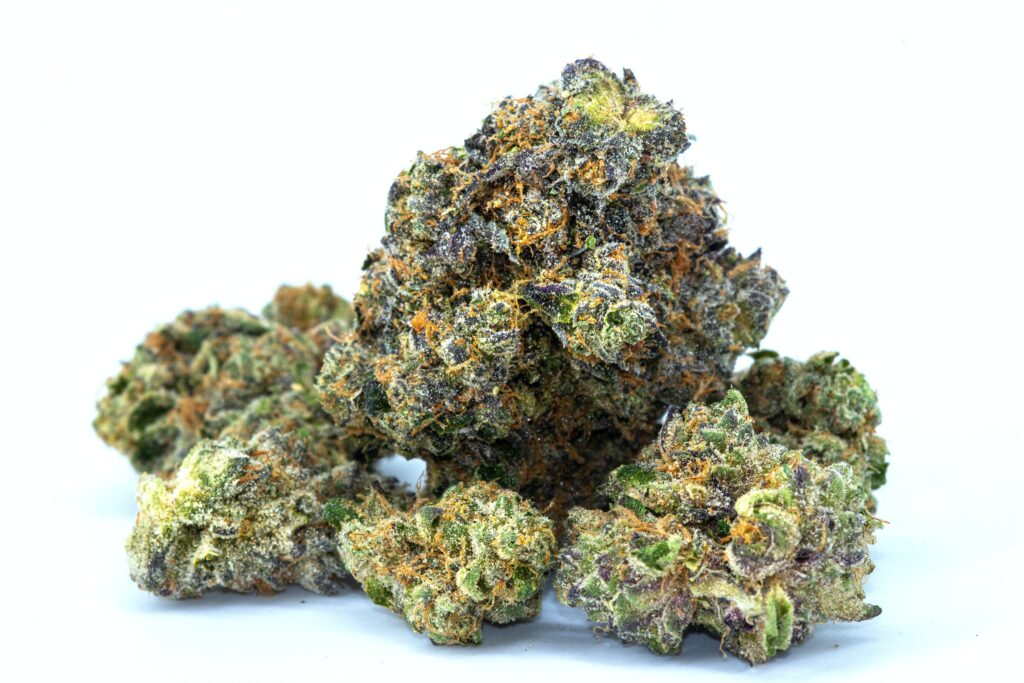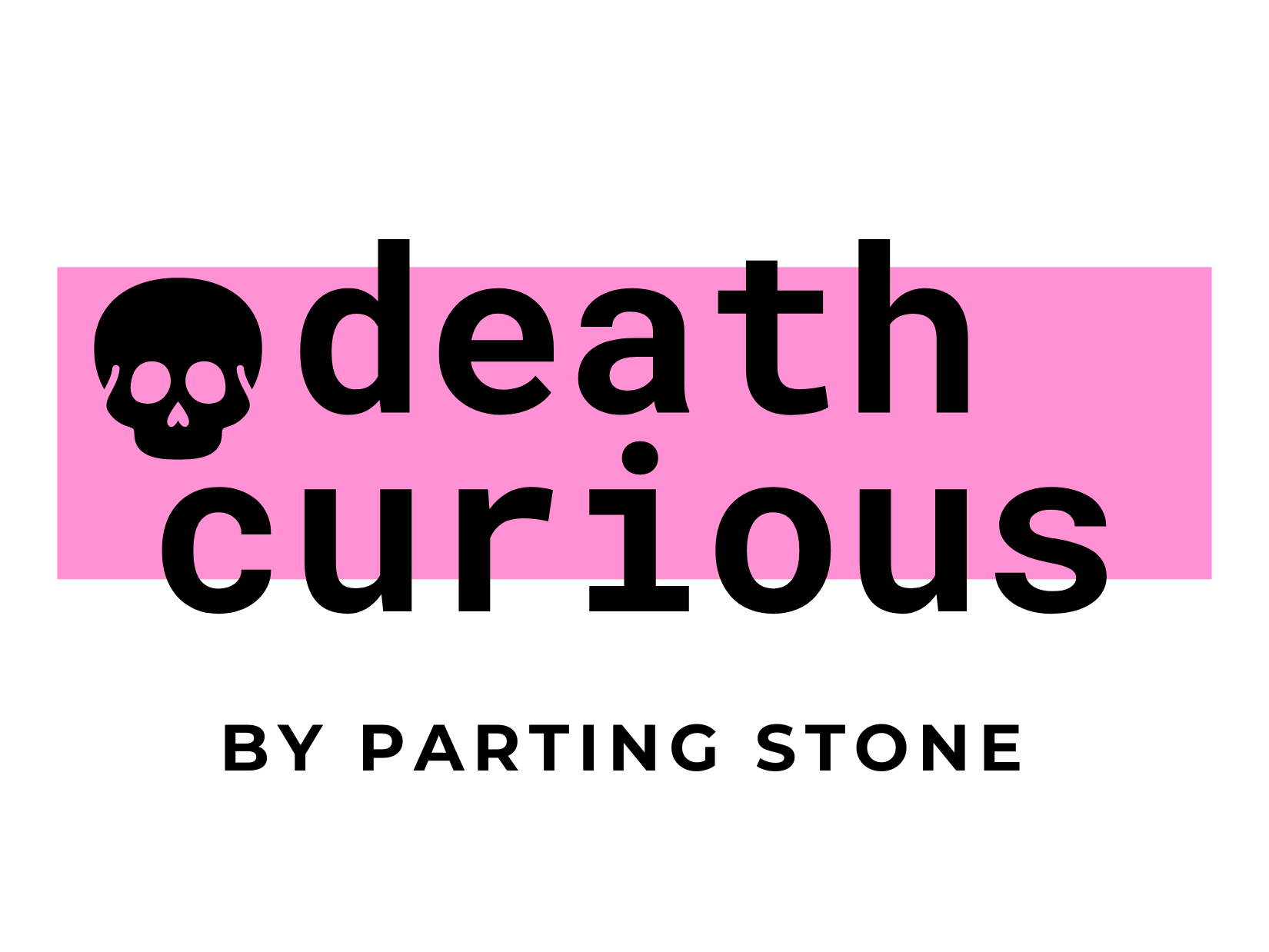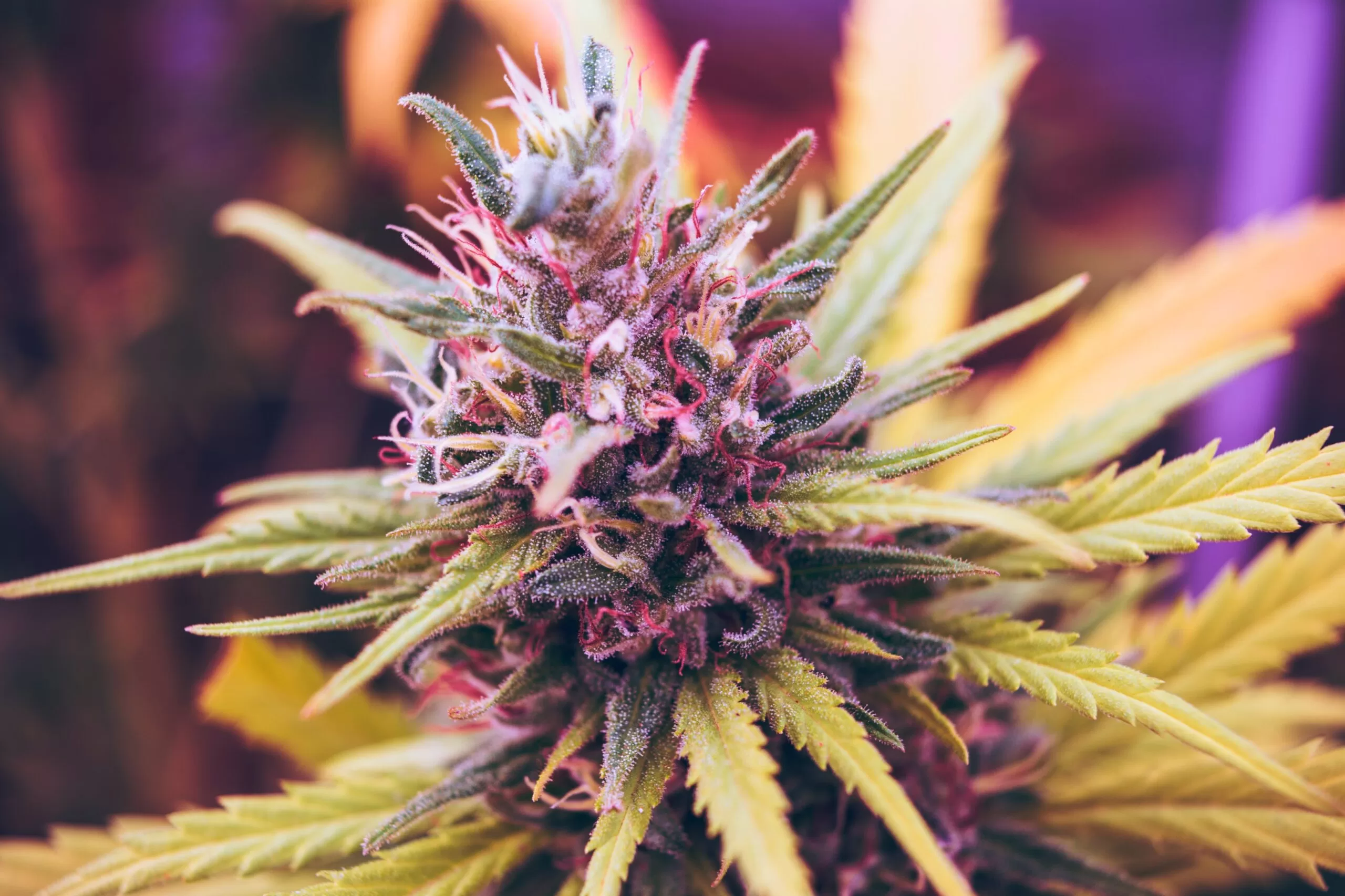A couple of weeks ago, Funeral Director Daily published a short article questioning the impact that marijuana legalization in many states could have on death care businesses and employees. It’s true, 21 states have now fully legalized recreational and medicinal marijuana use, with 17 more states legalizing medical use only. Research by the Pew Center also shows that 9 out of 10 adults in the US today think that marijuana should be legal for recreational or medical use. It makes sense for the death care industry to begin looking into how changing legalization around marijuana could impact business and employment, however, the answers may be different than you might think. The only data that many folx look at when considering whether employers should implement restrictive drug policies is vague data about on-the-job accidents and marijuana use on the clock. Due to the nature of marijuana, the substance can show up on drug tests weeks after use, and cannot indicate whether or not an employee has imbibed on their own time. This makes drug tests unhelpful when trying to determine workplace intoxication. However, overwhelmingly more research shows that off-the-clock marijuana use can actually be beneficial for the overall mental health of employees with emotionally taxing and stressful jobs, and further research shows that the workplace performance of employees who use marijuana off the clock isn’t impacted at all. Thus, it seems likely that marijuana use could actually improve the mental health and well being of funeral service professionals, which would help with death care employee retention long term. We dove into this research to discover how marijuana could impact the death care profession.
The Emotional Toll of Death Care Work
Folx outside the death care profession might be less familiar with the term “compassion fatigue,” but it’s an expression that workers like funeral directors, nurses, hospice care employees and the like know well. Compassion fatigue is a secondary traumatic stress disorder that can onset suddenly and lead to an extreme state of stress and tension, resulting in feelings of hopelessness, indifference, pessimism and overall disinterest. Differentiated from regular work burnout, and even caregiver burnout, which refer to employees neglecting their own health for a period of time due to being busy, compassion fatigue stems from professional environments that don’t allow workers to separate themselves emotionally, mentally, or physically from their work long enough to truly recover for a sustained period of time.
Compassion fatigue is a real occupational risk in the death care profession. Death doulas, funeral directors, embalmers, grief counselors, and other workers in the death care space are confronted with the loss, grief, trauma, and emotional distress of the people they serve day in and day out for years at a time. Even before an employee reaches the state of compassion fatigue, emotional burnout is a chronic issue in these very important, and very difficult professions. Compassion fatigue can physically and emotionally manifest in a multitude of painful ways, including headaches, digestive issues, cardiac symptoms, poor focus, apathy and numbness, irritability, anger, and memory issues, among others.
It’s an unfortunate fact that many people in the death care space don’t have the time or resources to seek out professional help for their own mental health, and until recently, things like therapy were still highly stigmatized in wider society. Thus, if the responsible use of a legal substance could possibly help alleviate the burden of conditions like burnout and aid in avoiding compassion fatigue, it seems like employers in these spaces should allow, and even encourage, its use off-the-clock…

Marijuana and Mental Health
The question remains, does marijuana use actually improve mental health, or help in reducing stress? Marijuana does have a positive impact on mental health according to personal testimony from many people who suffer from anxiety and stress. But what does the research say?
According to this paper from the University of Washington, “In 2016, Walsh et al.7 reviewed the literature on the use of [medical marijuana] for anxiety and concluded that evidence from cross sectional studies generally supported the anxiolytic effects of [medical marijuana]. The researchers identified 8 cross-sectional studies that reported anxiety reduction as a primary or secondary benefit of [marijuana].” Similarly, this article from the National Library of Medicine outlines the promising positive effects of marijuana on people suffering from depression, anxiety, bipolar disorder and PTSD, and calls for more in-depth studies in the future.
In fact, much research has gone into uncovering the positive benefits of various drugs and psychedelic substances in the treatment of PTSD specifically. According to the National Library of Medicine, “Psychoactive drugs such as MDMA, ketamine, and psilocybin have been shown to specifically target and decrease fear and anxiety pathways in the brain. These unique properties hold the potential to be utilized in addressing symptoms of trauma in those with refractory or treatment-resistant PTSD.” Since compassion fatigue is technically considered a stress disorder, it stands to reason that many other substances could also be beneficial to funeral professionals and others who suffer from compassion fatigue.
Marijuana and Death Care Profession Workplace Safety
While there are statistics about workplace accidents and marijuana use which show that marijuana users are more likely to have workplace accidents, it turns out that these aren’t very accurate when determining how marijuana use could impact the death care profession. That data is referring to employees who are high at work. New, in-depth research about general marijuana use off-the-clock makes it clear that consuming marijuana after your shift has no impact on your next day at work. This article explains the study, “Researchers from San Diego State and Auburn Universities surveyed 281 employees and their supervisors, looking at the times workers use cannabis products and if managers notice a drop in performance. Although the results show marijuana use before and during the workday decreases performance, supervisors don’t report a drop-off in workers who use it after. Research suggests there is no evidence that after-work usage compromises work performance as assessed by one’s direct supervisor.” In fact, the article presenting the research also makes a case for the need for employers to better understand the benefits of allowing marijuana use after-hours, due to the possible mental health support it could offer.
Additionally, while research shows that using marijuana off-the-clock doesn’t impact at-work performance the next day, it also shows that off-the-clock alcohol consumption actually does negatively impact employee performance. This article reveals that “Research into the effects of alcohol on work performance is much more extensive. It shows how drinking after work and heavy drinking in particular negatively affects work in lots of ways. These include reduced productivity, greater levels of absenteeism, inappropriate behavior and poorer relationships with work colleagues.” The idea of regulating employee alcohol consumption outside of working hours sounds silly, even though that substance is proven to actually impact employee performance the next day. So, the question remains, why does marijuana deserve workplace testing and policies when it has significantly less impact than alcohol when used responsibly? According to this data, when we think about how marijuana use could impact the death care profession, we also need to think about how alcohol use could impact employees.
Furthermore, this research also makes the case for doing away with marajuana drug testing policies at work completely. Marijana drug tests can only detect that a person has consumed marijana in the past 2-3 weeks, but cannot pin-point when, or if the employee is currently inebriated. This makes drug testing relatively useless. The article explains: “The study also makes the case for changes in workplace drug policies. Current illegal substance tests can only detect the presence of marijuana, but not when it is consumed. This limitation, Bernerth argues, makes it hard for companies to defend a blanket no-marijuana policy.” Considering the fact that marijana use after work is proven to not have a negative impact on employee performance the next day, and alcohol use after work does, using vague tests for marijuana use in employees while allowing unrestricted alcohol consumption seems hypocritical.

Mental Health and Funeral Business Employee Retention
There is no real evidence to support that drug testing employees for marijuana use will actually make your workplace any safer, since recreational use of marijuana off-the-clock is proven to have zero impact on employee performance. In fact, since marijuana testing only tests for the presence of marijuana over the course of weeks, and cannot reveal if someone is currently under the influence of marijuana, implementing restrictive testing policies could actually have damaging repercussions for funeral employees who might use marijuana for mental health support.
In 2021 Connecting Directors put out a survey for funeral professionals to gather data on the wants, needs, concerns, and habits of deathcare workers. In that survey, “Employee Recruitment and Retention” was ranked highest among a list of challenges faced by funeral professionals.
With a high rate of burnout for funeral professionals, and the deep emotional investment required of the profession, it’s no surprise that recruitment and retention feels like a huge challenge in the deathcare space. According to an article on the NFDA blog, “Figures indicate that 50% of funeral directors quit the profession within the first five years. Heavy workloads (especially during the pandemic), impossible deadlines and the logistics dealing with tragedy and those affected – there are too many demands that can get overwhelming for anyone. Some common complaints include ‘I always feel like I’m on,’ ‘I won’t recommend this profession to anyone I know’ and “This job is seriously, incredibly stressful.’”
Since burn out which leads to employee drop out is such a prominent issue for the funeral profession, allowing employees to relax and decompress on their own time, in ways that are personally effective could ultimately save funeral businesses valuable time, energy, and money. As long as an employee is performing their job in a competent manner, restricting their capacity for emotional and mental health support, destressing practices, and seeking their own ways to avoid compassion fatigue, will only further negatively impact that employee. While it may feel counterintuitive to older or more conservative employers, re-thinking old perspectives about responsible, off-the-clock, marijuana use in states where it’s now legal could be valuable to both your staff and your business. When we look at how marijuana use could impact the death care profession overall, the benefits for employee mental health and employee retention are positive, and far outweigh the risks.



